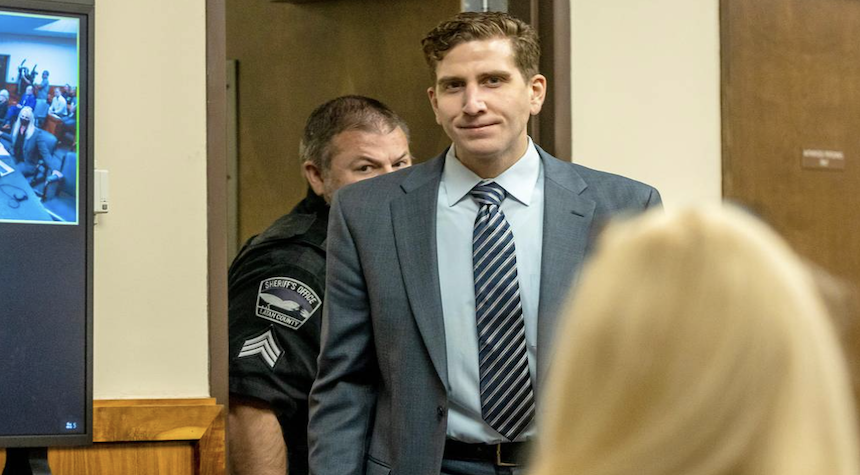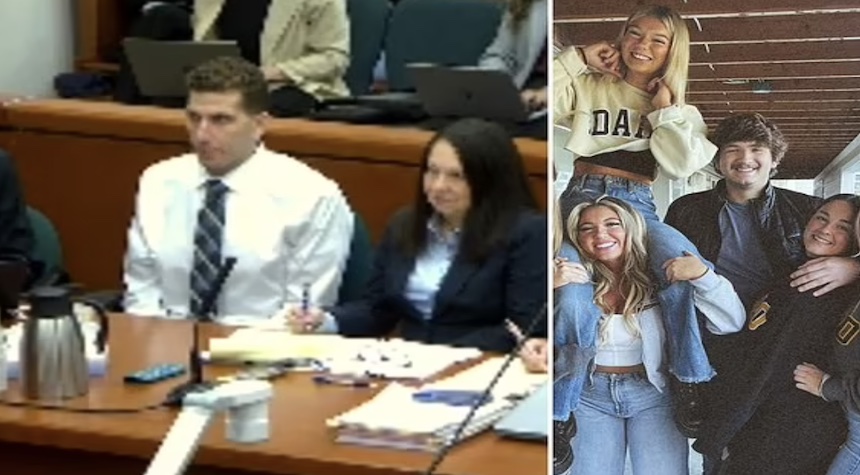Bryan Kohberger, the suspect in the 2022 murder of four University of Idaho students, is seeking a delay in his capital murder trial after a ‘Dateline’ episode aired, presumably in violation of a court-issued gag order. The defense team argues that this episode poses a significant threat to their client’s right to an impartial trial, as reported by The Daily Mail.
Kohberger, a 30-year-old former criminology graduate student at Washington State University, is accused of killing Kaylee Goncalves, Madison Mogen, Xana Kernodle, and Ethan Chapin, all University of Idaho students, on November 13, 2022. The ‘Dateline’ episode in question, aired earlier this month, contained new surveillance footage, details of Kohberger’s phone and internet records, and comments that suggest leaks from sources privy to the investigation.
According to the 40-page motion filed by the defense, the ‘Dateline’ episode emphasized the confidential nature of this information, asserting it was obtained exclusively by them from unnamed sources close to the investigation. Kohberger’s attorneys contend that much of the material was taken out of context and that it would not be admissible in court due to its lack of reliability. They also raised concerns that the episode’s presentation, including expert commentary and dramatized sequencing, could significantly sway public opinion.
Judge Steven Hippler previously acknowledged potential leaks from the investigation following the ‘Dateline’ episode. He ordered both prosecution and defense teams to present lists of individuals with potential access to leaked information. He also warned that such media coverage might obstruct the selection of an impartial jury.

The defense team pointed out that bestselling author James Patterson is scheduled to release a book about the case just a fortnight before jury selection. The publisher reportedly promises “unmatched access” and interviews with “local law enforcement.” The defense argues that this suggests the ‘Dateline’ leak might not be the only violation of the court’s non-dissemination order.
This raises important questions about the impacts of media and public opinion on criminal proceedings. The defense maintains that a trial delay is necessary to allow the prejudicial impact to subside and to provide time for the court and the defense to fully investigate and address the violations’ scope.
Kohberger, arrested six weeks after the killings at his parents’ home in Pennsylvania, has consistently maintained his innocence. DNA from a knife sheath found at the crime scene matched him, and prosecutors allege his cellphone data and vehicle movements link him to the scene. However, his defense team asserts that his phone records prove his non-presence at the crime scene.
As we await further developments, we must remember the importance of ensuring a fair and impartial trial, regardless of the nature of the crimes alleged. The public’s right to information must always be balanced with the principles of justice, and in this case, the defense argues, that balance has been disrupted. We will continue to follow the facts as they emerge.

